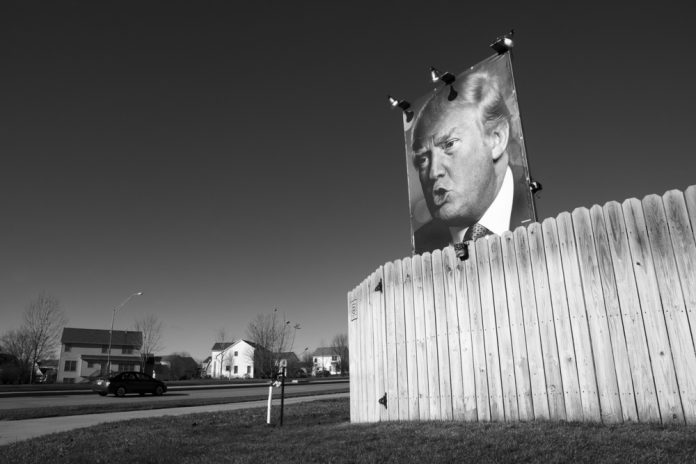The Trump administration has set out new guidelines for the controversial ‘Muslim ban’, which was partially restored on Wednesday.
New criteria have been issued for the visa applicants from the six Muslim-majority countries:Somalia, Syria, Sudan, Libya, Iran and Yemen. Visas that have already been approved will not be revoked, but the US state department has stated that new applicants must have a relationship with either a parent, spouse, child, adult son or daughter, son-in-law, daughter-in-law or sibling who are already in the US to be eligible for a visa.
According to the new guidelines, relationships with Grandparents, grandchildren, aunts, uncles, nieces, nephews, cousins, brothers- and sisters-in-law, fiancées or other extended family members will not be considered.
Omar Jadwat, the director of the ACLU’s Immigrants’ Rights said on the new guidelines issued: “Initial reports suggest that the government may try to unilaterally expand the scope of the ban – for example, by arbitrarily refusing to treat certain categories of familial relationships as ‘bona fide.’ These reports are deeply concerning. We are watching for official word,”
Regarding any business related trips, the relationship must be “formal, documented and formed in the ordinary course rather than for the purpose of evading” the travel ban. journalists, students and lecturers who have formal invitations or employment contracts would be exempt from the ban.
These new guidelines come following Trump’s initial travel ban, which caused havoc in US airports as visas that had been previously issued were exempt. The new travel ban has been scaled down, affecting less people.
Potential immigrants from the banned states who won a visa in the diversity lottery – a program which awards 50,000 green cards to those from states with low rates of immigration to the US – will have to also prove they have this specified “bona fide relationship” with the US or will face being banned for at least 90 days.

